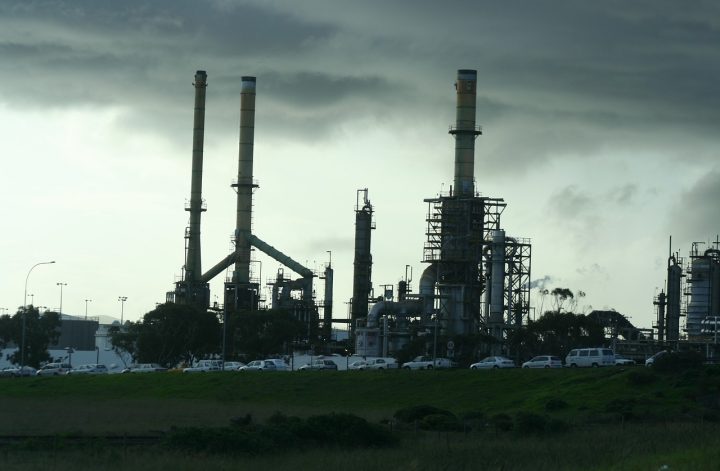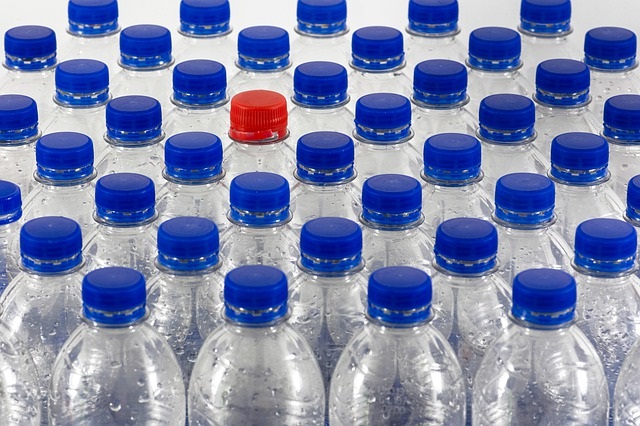What is meant by Petrochemical Industry?
The petrochemical industry refers to all activities since the dawn of the industrial revolution that include the extraction, refining and use of Petroleum, oil and natural gas. It also includes the reformulation and further refining and use of other Petroleum derived chemicals such as naphtha, benzene, acetylene etc. that are called Petrochemicals.
The petrochemical Industry itself is a branch of the bigger Petrol/oil industry and provides the raw material for the Polymer and Plastic industry as well.
It focuses on the production of organic intermediate products after further refinement of petrol like: low weight hydrocarbons (methane, ethane) , resins for paint, benzene products, asphalt, bitumen, rubber, lightweight plastics and other raw materials extracted from lower Petroleum fractions.
Importance of Petrochemicals Industry in our world
The petrochemical industry itself produces a huge number of products that are very useful in our day to day lives. Many of these products form a core part of many machines and equipment we use from a minor to major scale.
Not having these petrochemical derived products like kerosene, resins, Rubber (elastomers), plastics (ethylene) and other lightweight polymers and oils can have a derailing effect on our everyday life. Moreover asphalt, bitumen, polymers and tar are also included. As they are necessary for our roads and for construction purposes. Even the paint we use requires resins as a binding agent without which the paint industry cannot run.
Imagine a world where we are deprived of rubber tires rendering our cars, bicycles and all common transport useless. The lack of synthetic plastic rungs that are an important component of construction, electrical appliances, motors, machineries and mechanics. The absence of these rungs made of plastic and other polymers can bring us to a standstill as we do not have a better alternative.
They are just a small part of a bigger machine yet, these rubber products like tires and elastics, polymer rungs and plastic materials have the durability, flexibility and economical value that can potentially halt our everyday processes at a large scale.
Environmental Impacts of Petrochemicals Industry
As it is present in the name: Petrochemicals and their extraction are responsible for causing toxic emissions in the air thereby contributing to air pollution, waste discharge and overall water and land pollution. However, there are other impacts as well which are briefly brought to attention below:
- Oil spills or leaks from oil drilling and transporting has lead to many cases of Marine toxicity and aquatic life being effected.
- The chemical wastes being leaked into river systems and ocean beds where they persist and cause long term extensive damage to ecosystems and habitats.
- The production of gases like methane can contribute to the GHG emissions leading to global warming and seasonal effects from these emissions. Add CO2 as a common pollutant emitting from furnace flues and chimneys of fractional distillation towers: it is a perfect way for increasing the CO2 content in the atmosphere.
- Wastewater from Petrochemicals is of 3 main types but almost all of them are contaminated at various levels with surfactants, polymer fibers, radioactive chemicals, sulfides, ammonia, free oil and gross solids can be taken up by the plants in nearby ecosystems. That in turn can effect other individual ecosystems in the larger area. It can even lead to underground water and aquifer contamination – destroying safe drinking water resources in an already uncertain water availability crisis scenario.
- The use of energy, cooling units, compressors, refining process all contribute to increasing emissions and carbon footprint. Not to mention the fact that the initial process of drilling, excavating and setting up oil rigs in the seas and oceans already damages the landscape both on land and at sea.
- Processing hazards like oil leaks, spills, transport malfunction or damage to equipment, high working temperatures, pressure and oxygen deficient atmosphere may be unsafe for workers health. Couple that with the fact that the production of gases like methane, ethane and nitrogen dioxide may accumulate their in poorly ventilated working chambers leading to suffocation.
- Increased incidence of jet fires- which is when hydrocarbon gases are released with high pressure and speed, and pool fires where fire diffuses all over the area due to less pressure. It can lead to uncontrolled fires in a refinery with Petrochemicals. This is devastating on a large scale.
CONCLUSION:
Petrochemicals are a core part of the modern manufacturing and Processing industry. These products are so in demand that replacing them so far, with an equally durable and flexible alternative has not been found, yet going without using them is impossible. Sometimes the demand is so high that it outstripped it supply.
The lack of regulation and protective policies in these industries is what has brought us to this stage we are at now. Ultimately, it is upto the petrochemical industries and its consumers to be conscious of their actions and their impacts on the environment. However, now studies are being conducted to develop plastics and polymers without deriving them from Petrochemicals.
You may also be interested in: Oil Spills – Causes, Effects, and Solution
Also check out: UAE-Israel Oil Pipeline Deal Can Destroy Red Sea Coral Reefs
Read: Deep Sea Mining and Its Negative Effects on the Environment
I hope you all liked this post! Please comment below if you have any suggestions, comments, or feedback! We at #envpk love hearing from our readers! Thanks!




